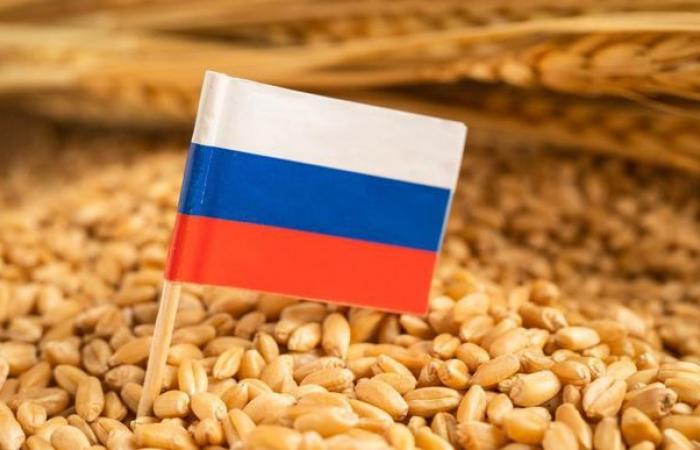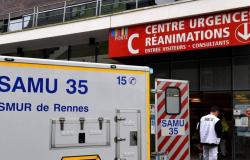During their annual summit, from October 22 to 24 in Kazan (Russia), the Brics have announced the launch of their own grain marketwhich could then be extended to oilseeds and pulses.
The Brics are a grouping of nine countries – Russia, Brazil, India, China, South Africa, Iran, Egypt, Ethiopia and the United Arab Emirates – which want to counterbalance the economic and political powers of North America and the United Arab Emirates. Western Europe, particularly reduce their dependence on the dollar American.
“Russia, first world wheat exporterhas been striving for years to develop its own commodity pricing mechanisms” to counter Western agricultural commodity exchanges, explains Reuters. And this, even more so after the drop in world prices cereals in recent months.
During the Kazan summit, Vladimir Putin indicated that this scholarship “will contribute to the training ofprice indicators fair and predictable” and “protect national markets from negative external interference, speculation and attempts to create an artificial food shortage”, relays the English agency.
“Is Russia creating a new bilateral trade channel? », asked Michael Zuzolo, of Global Commodity Analytics and Consulting, at the end of October, relayed by AFP. “The fear is that the relationships they (the Russians) seek to develop will replace calls for tenders and will be more opaque”, at the risk of harm major exporters which are not part of it, notably Europe and the United States.
The Brics weigh heavily in the global cereal landscape. According to figures from the International Grains Council, only Brazil and Russia accounted for approximately the 2023/24 campaign. 27% of world wheat exports and 23% of corn exports.
But this new agricultural exchange, which will be accompanied by the creation of a futures market, could be long and laborious to set up. For questions of transparency and reliability, in particular: it cannot be said that market operators, particularly Western ones, trust a body dominated by countries like Russia or China.
Without many operators, the futures market could also lack liquidity, and therefore dynamism.
“Due to the advantages that established exchanges have in terms of clients, infrastructure, history and liquidity, it will take some time for the new exchange to catch up,” Yaroslav Lissovolik, director of the think tank BRICS+ Analytics.
Some analysts finally question the real usefulness of this project initiated by Russia, knowing that other members of the Brics (India, China, Brazil and South Africa in particular) already have platforms for well-established trade in agricultural products.






